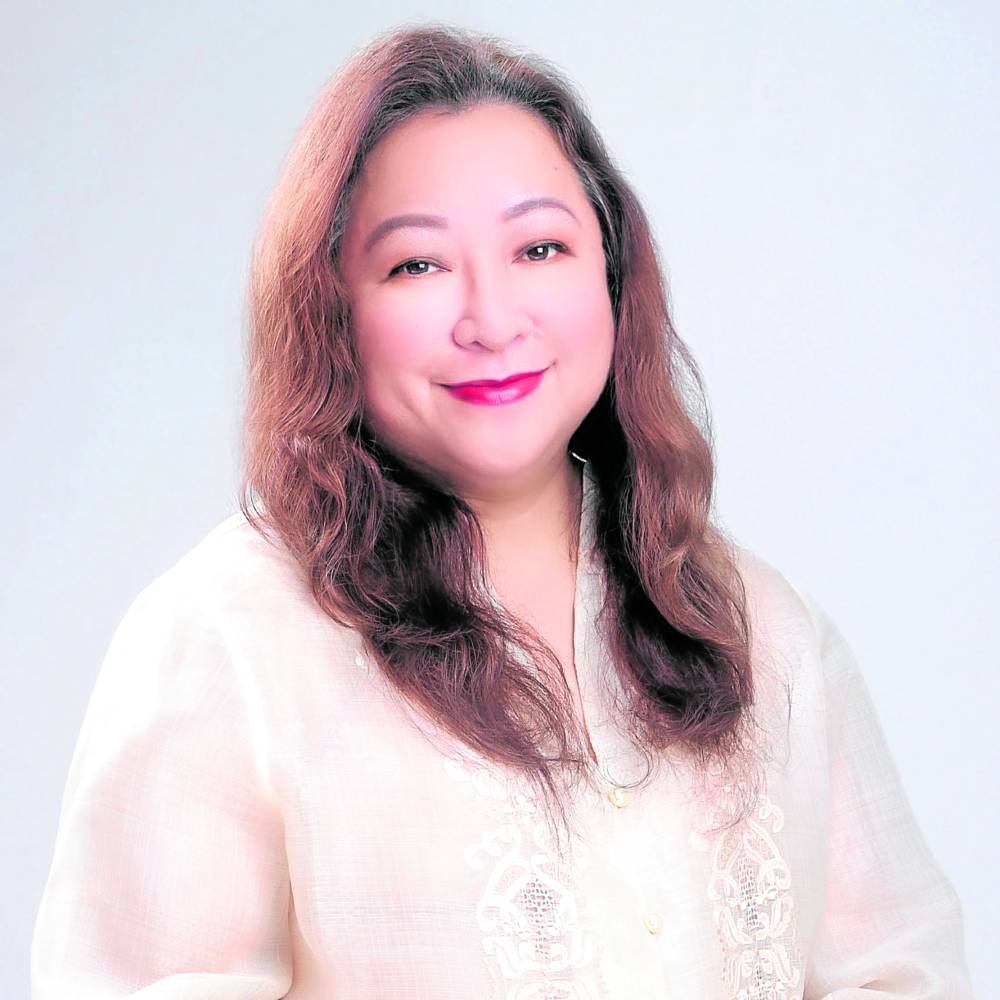
Jocelle Batapa-Sigue—CONTRIBUTED PHOTO
The gender digital divide is a global issue that is reinforced by existing socioeconomic gaps and negatively impacts women’s economic empowerment.
Women account for only 24 percent of enrollment in information and communications technology (ICT) courses at the tertiary level globally, leading to a shortage of over 85 million skilled workers by 2025 due to technological advancements. While the numbers could be slightly higher at around 30 to 40 percent in the Philippines, this still means we are missing out on more than half of our country’s population in the development of a strong digital economy.
Data show that the ongoing COVID-19 pandemic and other factors have put around 13 million female jobs at high risk of being displaced globally. Based on a European Union study, as many industries and job roles increasingly rely on technology and digital tools, almost 90 percent of jobs will require at least some level of digital skills by 2025. Furthermore, there is a significant need for reskilling of the current workforce to cope with emerging ICT technologies, estimated at 133 million ICT global job occupations as of 2022.
The digital divide in the aspect of digital infrastructure also impacts women. The 2019 Apec Action Agenda on Advancing Economic, Financial and Social Inclusion highlights that women living with poor digital infrastructure are less likely to afford the digital devices, broadband subscriptions and education needed to get connected to the internet, which reinforces the existing socioeconomic gaps between women and men, and slows overall economic growth. Therefore, addressing the gender digital divide is crucial for creating an inclusive and sustainable digital future, and promoting gender equality and empowerment of women in the workforce.
Diwa
The Department of Information and Communications Technology (DICT) in the Philippines is taking an active role in promoting gender equality and empowerment of women through ICT with the launch of its program, Digital Innovation for Women Advancement (Diwa).
Diwa, which means “mind” or “spirit” in Filipino, aims to create an inclusive and sustainable digital future for the nation by harnessing the role of ICT to empower women.
Diwa is one of the DICT’s initiatives pursuant to the Philippines’ commitment to the International Telecommunications Union (ITU) as a council member. The program complements the ITU’s goal of becoming a model organization for gender equality by using ICT to empower women.
I am inspired by the election of Doreen Bogdan-Martin as the first woman secretary general of ITU since its founding in 1856, and so, Diwa is really one of my key takeaways from the 2022 ITU Plenipotentiary Conference in Bucharest, Romania.
I had the opportunity to present and propose Diwa as a project in international telecommunications and ICT fora such as those under the Asia-Pacific Economic Cooperation and Association of Southeast Asian Nations—and received overwhelming support from several countries. The Diwa global strategy will focus on reviewing and revising policies and practices at the national level, developing advocacy programs, sharing best practices, strengthening ICT and STEM (science, technology, engineering and mathematics) education, encouraging capacity building and employment, acknowledging the achievements of leading women, and supporting women to establish and develop businesses and develop careers in ICT. Diwa also encourages women to undertake actions to promote gender balance and secure equal opportunities using ICT. Ultimately, Diwa aims to empower women and girls to pursue ICT career and take advantage of the opportunities offered by ICT while promoting gender equality in the sector.
Sowing the seeds
Since November last year, there have been a number of Diwa discussions among women digital leaders both virtually and physically, such in Tagbilaran City in Bohol, Boracay in Aklan, Liloy in Zamboanga, Pagadian City and Bacolod City in Negros Occidental. Our action plans include having policy discussions; holding extensive public awareness campaigns, workshops, trainings, dialogues, conferences and summits; creating knowledge resources, databases, surveys, studies and dashboards; and establishing linkages and creating communities and support groups, among others.
Diwa recognizes that a strong partnership among all stakeholders is crucial to accelerating the implementation of the program in line with the mandate of the DICT and shared goals with the ITU.
By promoting gender equality and empowering women through ICT, the Philippines can create an inclusive and sustainable digital future for the nation, promote innovation and drive economic growth. —contributed
The author is Information and Communications Technology undersecretary for ICT industry development. She was 2012 Eisenhower Fellow, 2016 The Outstanding Women in the Nation’s Service honoree and 2009 Asia Society Philippine Young Leader.